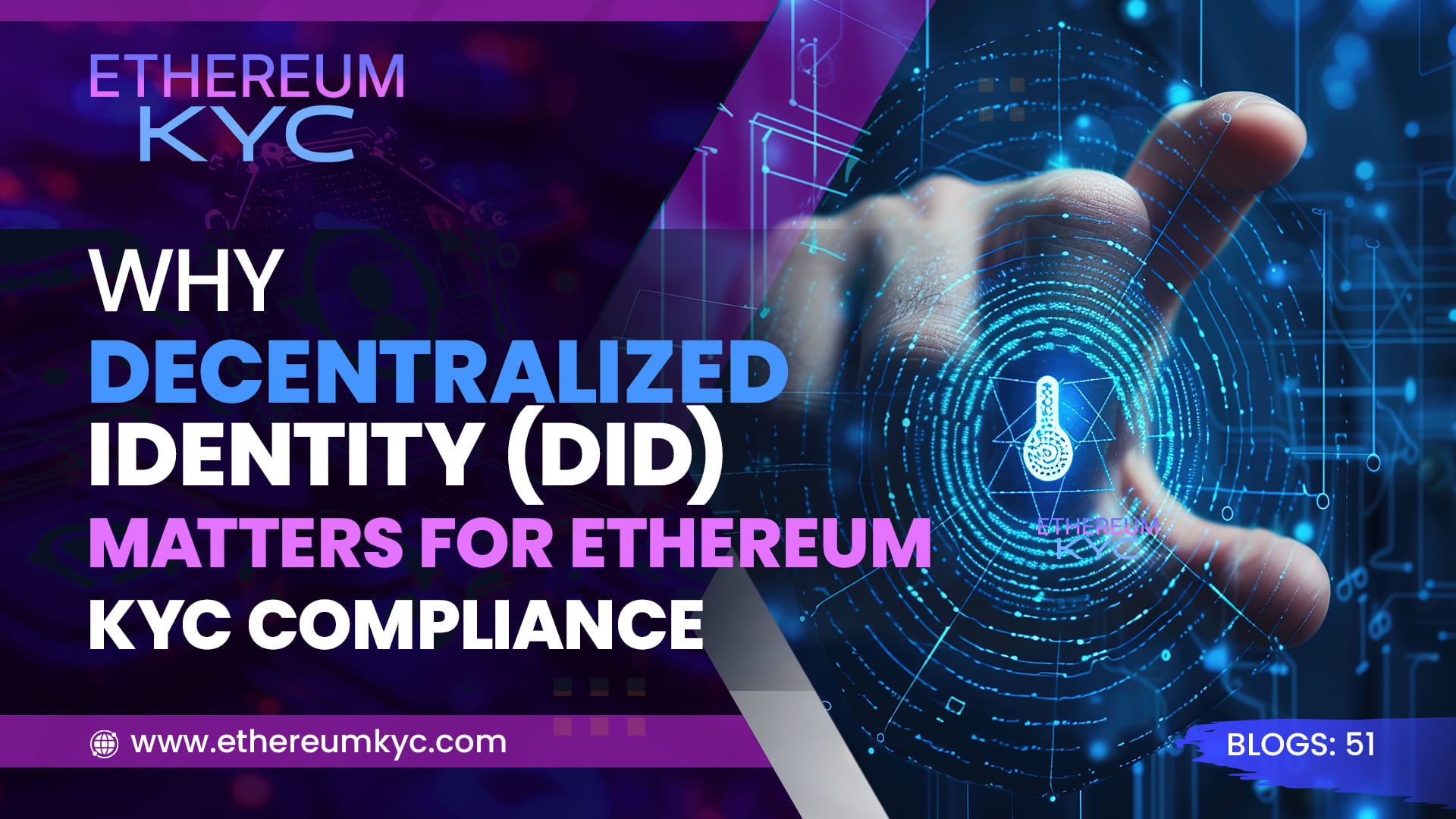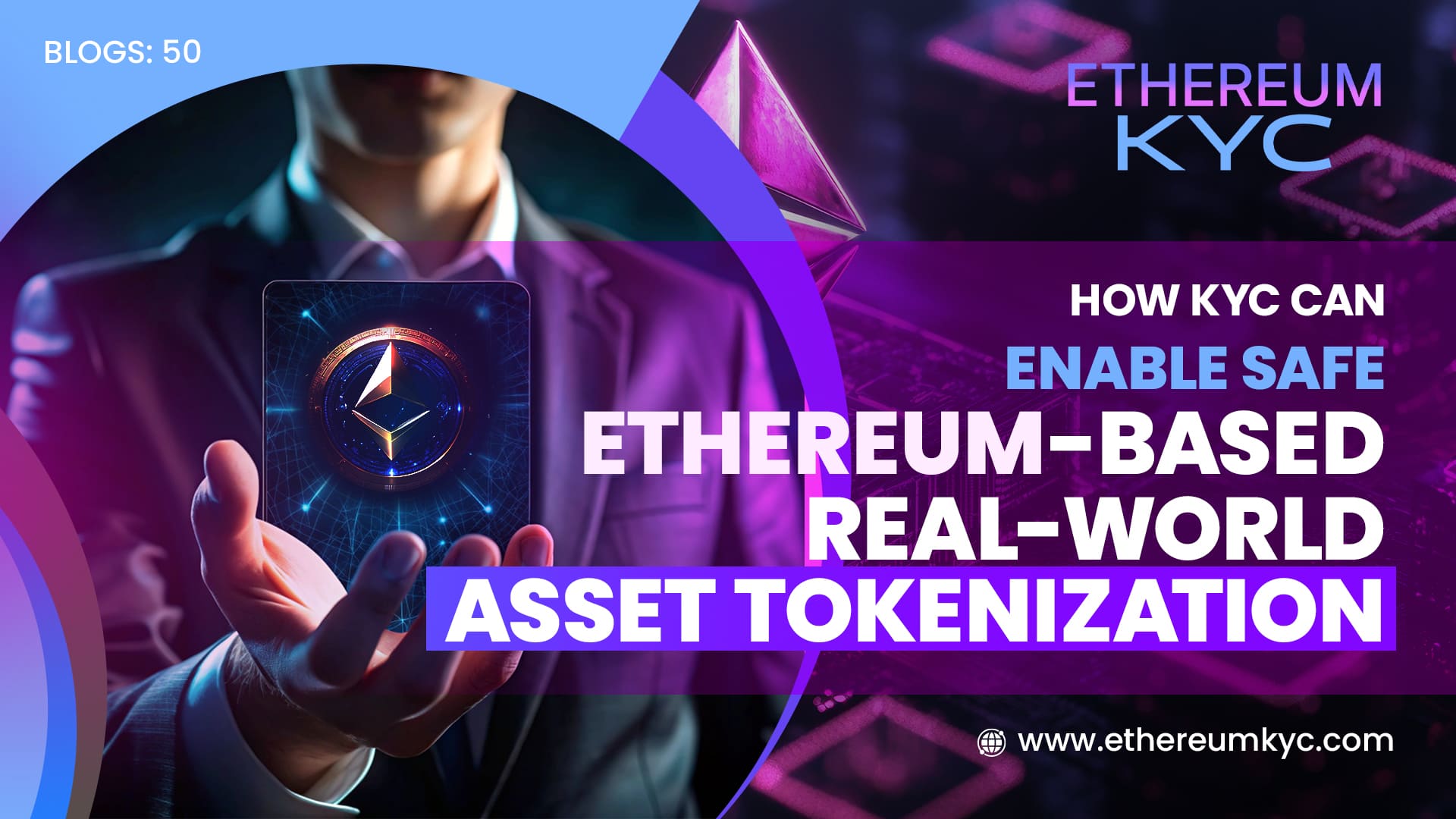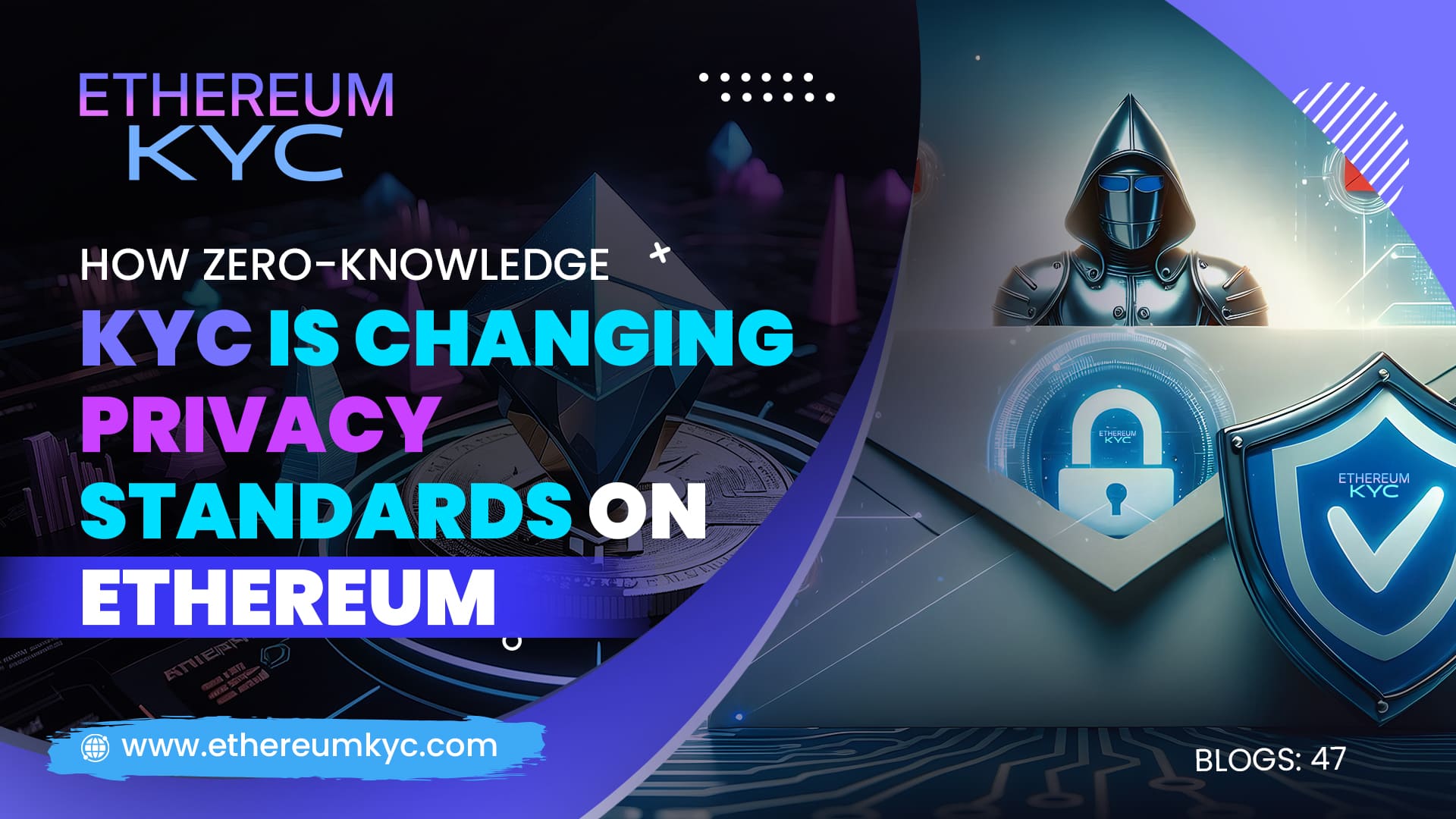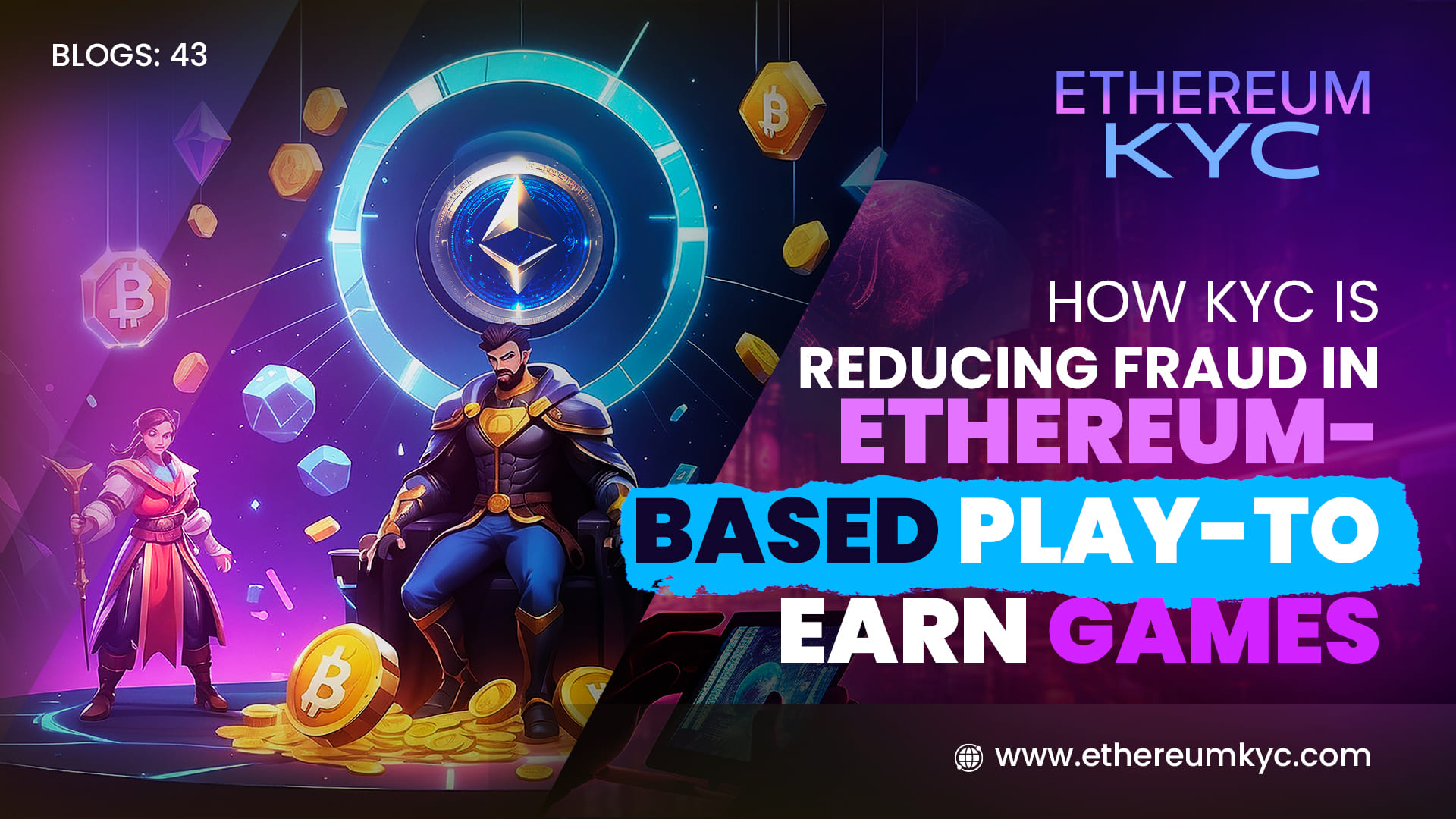January 2, 2025
The Evolution of KYC Standards in Ethereum Token Sales
As Ethereum continues to dominate the blockchain ecosystem, the standards for Know Your Customer (KYC) compliance in token sales have evolved significantly. These changes are driven by the need for greater transparency, security, and regulatory alignment, making it easier for projects to attract both retail and institutional investors. This blog delves into the journey of KYC in Ethereum token sales and what it means for the future of decentralized finance (DeFi).
Why KYC Matters in Ethereum Token Sales
- Regulatory Compliance:
KYC ensures token sales adhere to Anti-Money Laundering (AML) and Counter-Terrorism Financing (CTF) regulations, mitigating legal risks for projects and investors. - Investor Protection:
By verifying participants, KYC minimizes fraudulent activities and scams, enhancing the credibility of token sales. - Global Accessibility:
KYC standards enable projects to operate across jurisdictions by meeting international compliance requirements.
The Early Days of Token Sales
In the initial phase of Ethereum’s token sales, KYC compliance was minimal, and participation was open to anyone with a wallet address. While this democratized fundraising, it also exposed the ecosystem to risks, including money laundering, fraud, and rug pulls.
The Rise of KYC in Token Sales
- Initial Coin Offerings (ICOs):
ICOs popularized token sales, but their lack of compliance led to regulatory crackdowns. Projects began incorporating basic KYC measures to regain trust. - Security Token Offerings (STOs):
With stricter regulatory oversight, STOs introduced advanced KYC protocols, requiring participants to verify their identity and source of funds. - Initial Exchange Offerings (IEOs):
Token sales hosted on exchanges adopted robust KYC processes, leveraging exchange infrastructure to ensure compliance.
Key Milestones in KYC Evolution
- Automation and Decentralized Identity:
Blockchain-based KYC solutions have emerged, automating verification while preserving user privacy through decentralized identity systems. - Layer 2 Solutions:
With Ethereum’s scalability improvements, KYC processes are becoming faster and more efficient, reducing delays in token sales. - Integration with Smart Contracts:
Smart contracts now play a crucial role in enforcing KYC compliance, automatically validating participants and restricting unauthorized access.
Challenges in Implementing KYC
- Balancing Privacy and Compliance:
While KYC requires personal data, Ethereum’s ethos promotes privacy and decentralization. Striking this balance remains a challenge. - Cost of Compliance:
Implementing KYC can be resource-intensive for small projects, potentially limiting their ability to raise funds. - Global Regulatory Variations:
Different jurisdictions have unique compliance requirements, making it difficult to implement a universal KYC standard.
Future Trends in Ethereum KYC
- Zero-Knowledge Proofs (ZKPs):
ZKPs allow users to prove their identity without revealing personal data, aligning with Ethereum’s focus on privacy. - Interoperability:
Cross-chain KYC solutions will enable participants to use a single identity across multiple platforms, streamlining the process. - AI-Driven Verification:
Artificial intelligence will enhance the accuracy and speed of KYC checks, reducing fraud and ensuring seamless onboarding.
Conclusion
The evolution of KYC standards in Ethereum token sales reflects the blockchain industry’s maturity and commitment to compliance, security, and user trust. As technology advances and regulations become clearer, KYC will continue to play a pivotal role in shaping the future of Ethereum token sales, enabling projects to thrive in a secure and transparent ecosystem.





